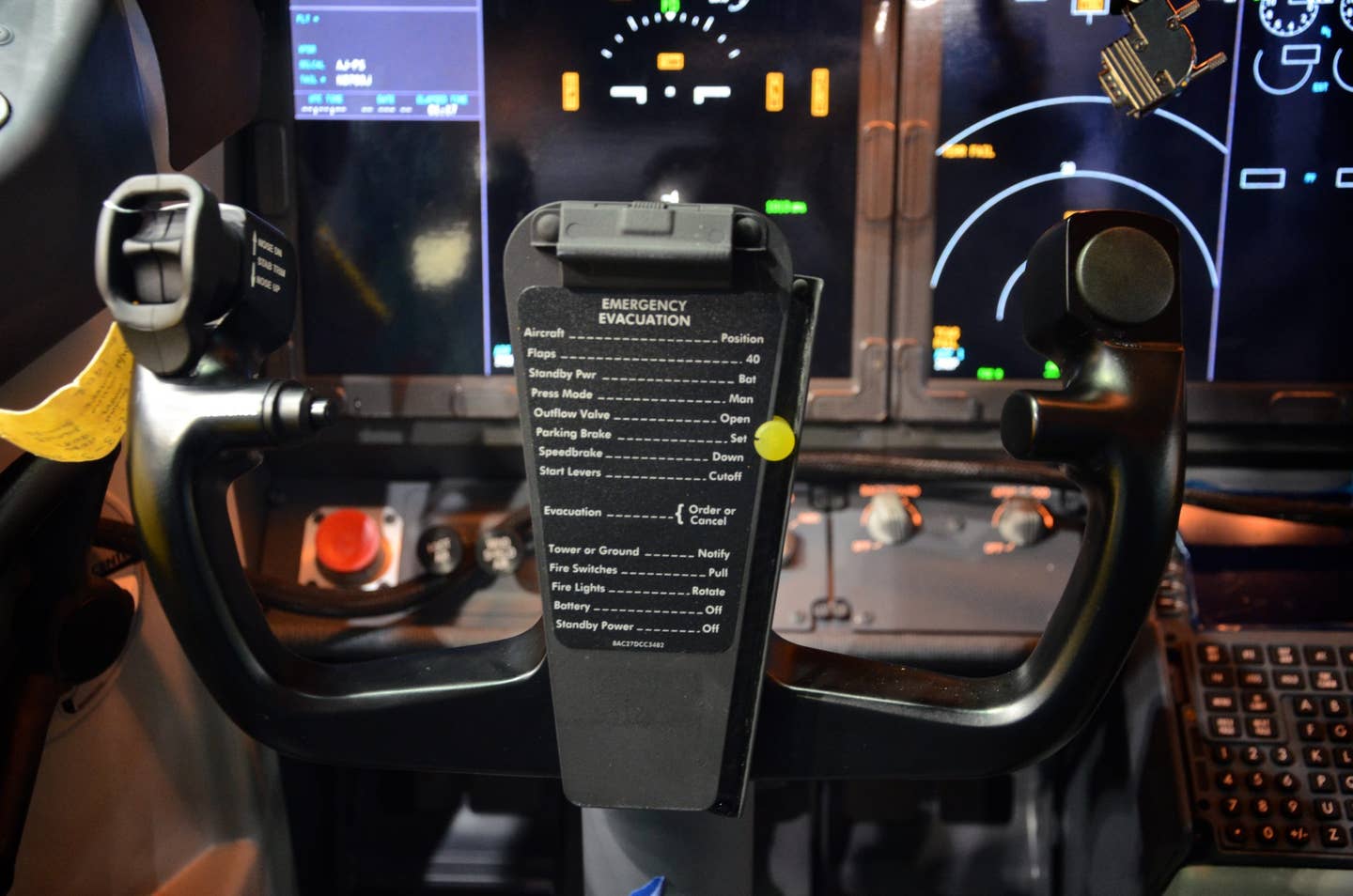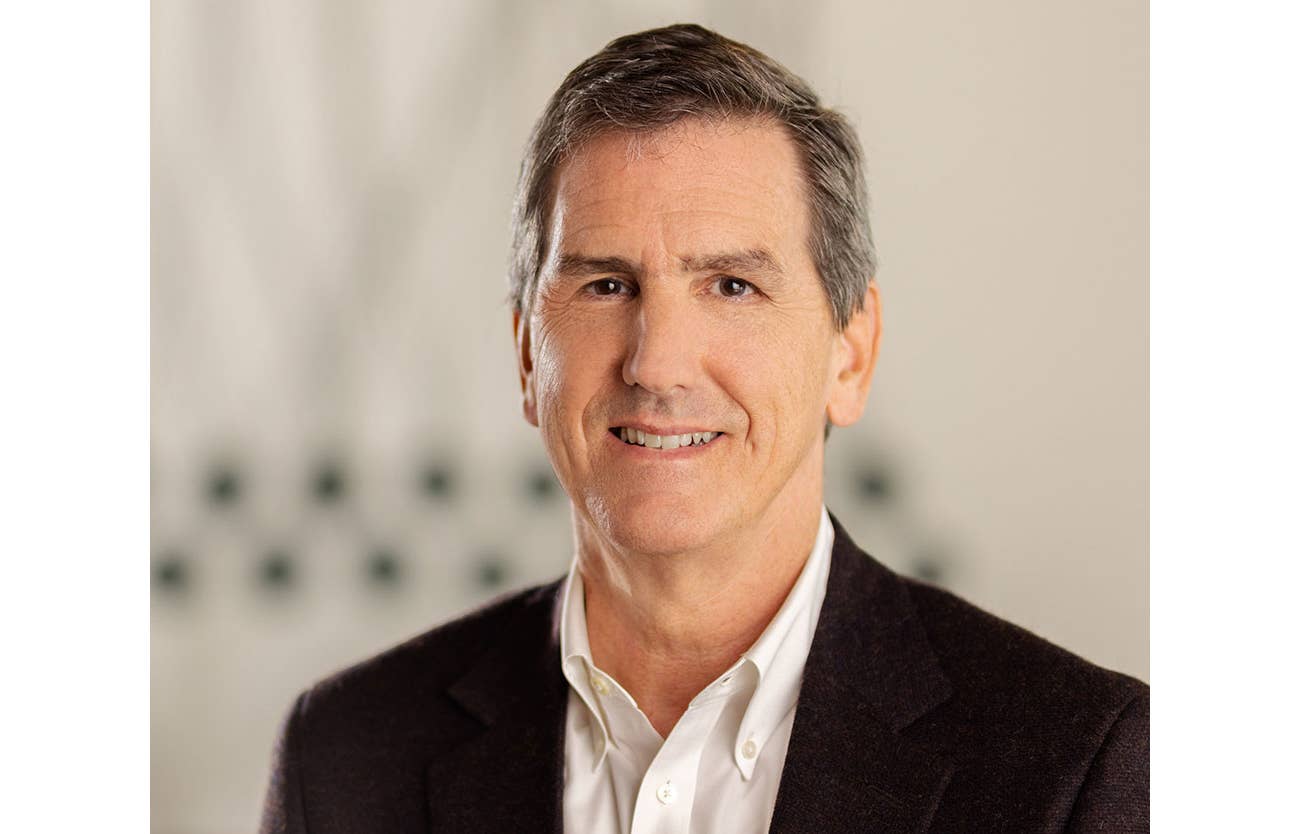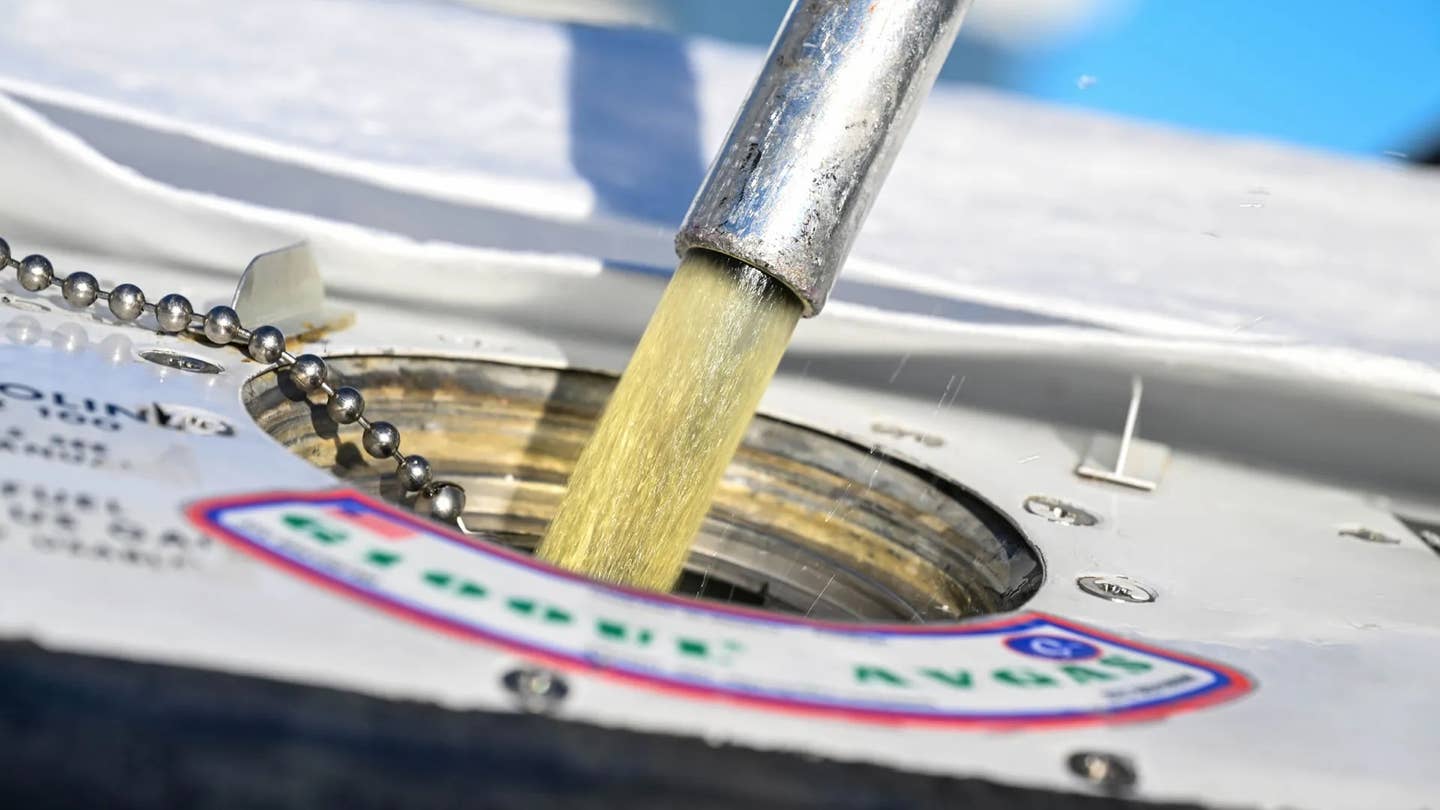Stick Shaker Disagreement Threatens MAX Consensus
An apparent rift between the FAA and aviation agencies in other countries involved in the recertification of the Boeing 737 MAX appears to center on cockpit distractions during an emergency….

Credit: Jon Ostrower
An apparent rift between the FAA and aviation agencies in other countries involved in the recertification of the Boeing 737 MAX appears to center on cockpit distractions during an emergency. As we reported last week, Canada is preparing to break ranks with the FAA on the final form of the recertification with its own flight test program and a supplement to the FAA-approved flight manual. Now Bloomberg is reporting the disagreement revolves around whether the pilots should be able to shut off a malfunctioning stick shaker. Transport Canada says it’s important that pilots be able to eliminate irrelevant distractions in an emergency but the FAA claims allowing pilots to shut off safety systems (a single breaker switch stops the shaking and thumping) would set a dangerous precedent. It also worries the physical act of reaching for the breaker panel could, in itself, be a potentially dangerous distraction.
In both the Lion Air and Ethiopian Airlines crashes the stick shaker on the captain’s side remained activated by a faulty angle of attack sensor even as both pilots pulled with all their strength to try to arrest the uncommanded dive. Canada’s Transport Minister Marc Garneau, a retired astronaut, attended meetings in Washington last week on the MAX. He didn’t address the stick shaker specifically but told reporters that pilots need to be able to clear extraneous factors so they can focus on the problem. “Crew workload in a very demanding environment physically is a factor that is essential to take into consideration because you have only so much time to respond,” he said.
Neither the FAA nor Boeing would comment on the apparent schism but the Canadians made it clear they will go their own way on the issue. “We won’t hesitate to take any additional steps necessary to ensure all of our concerns have been addressed before approving a possible return to service of this aircraft,” said Garneau’s Communications Director Amy Butcher. Canada also said it will be discussing its concerns with aviation officials in other countries.






